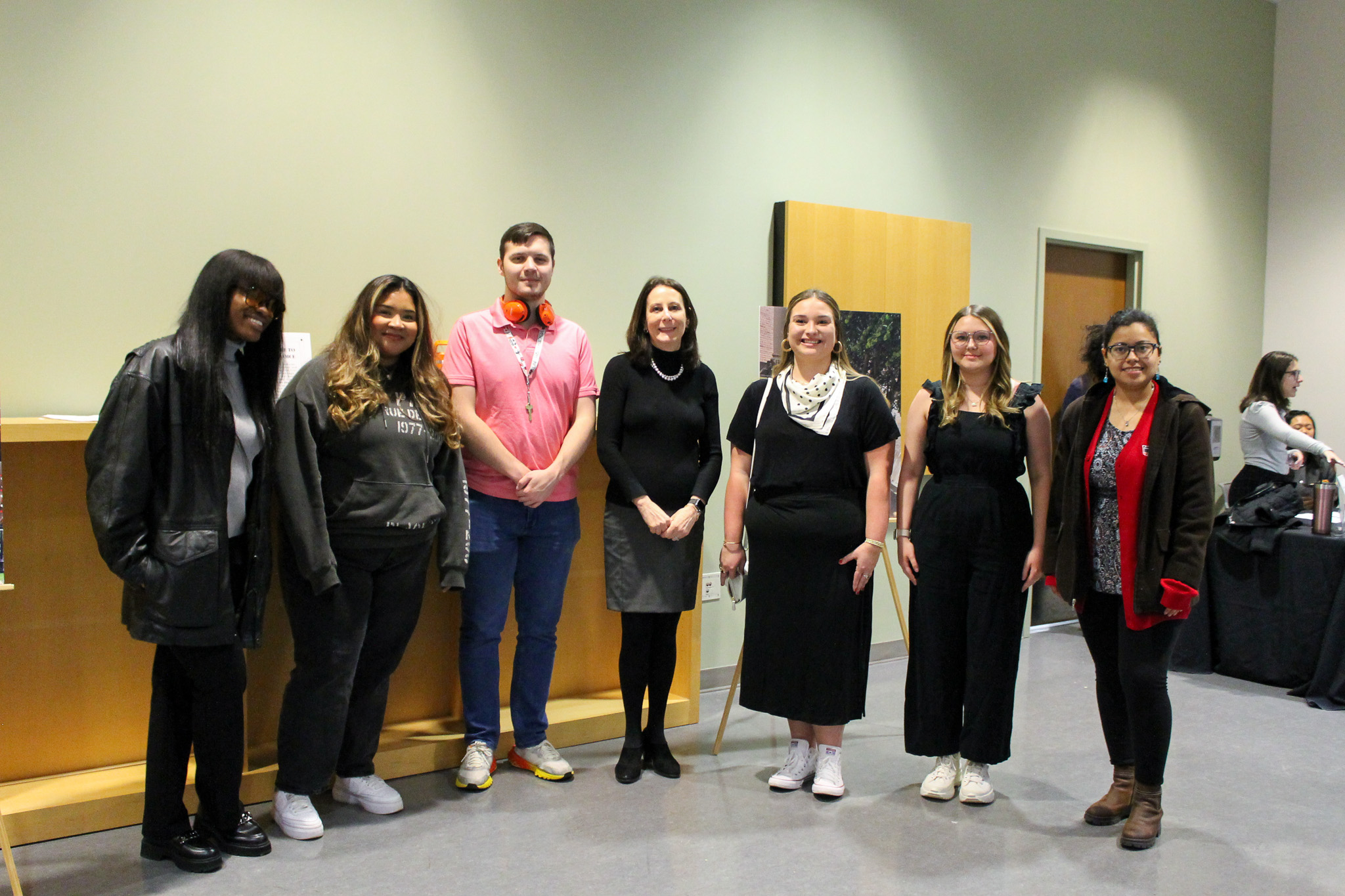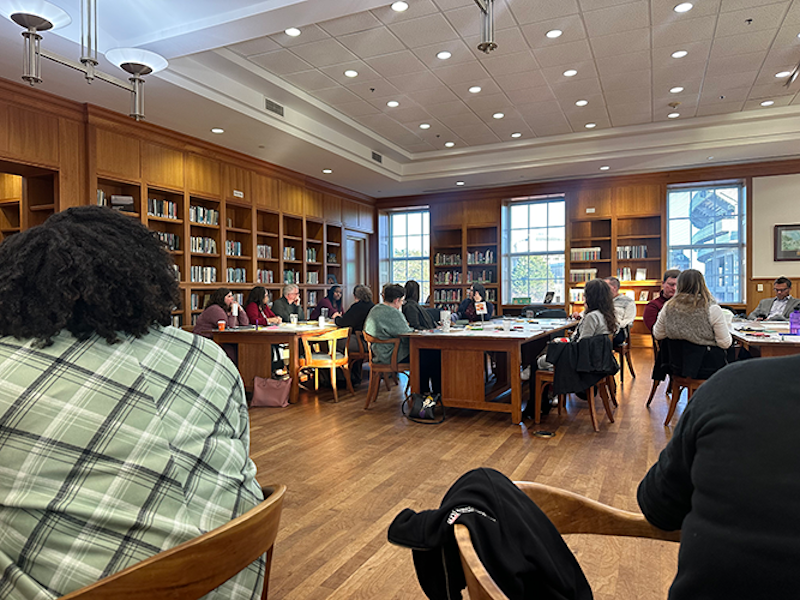Important Academic Details
Thrive at Georgia participants register for 6 semester credit hours (across 2 classes) from a specific list of course offerings. All participants enroll in a 3 hour disciplinary course satisfying the general education curriculum and a 3 hour service learning course.
The Thrive courses provide academic credit toward graduation. Participants in Thrive are responsible for completing their registered courses. The class requirements are demanding and require a focused commitment of time and effort.
A normal semester lasts approximately 15 weeks during the fall and spring semesters. Thrive courses cover the same amount of material in 4 weeks. One day of class during Thrive is the equivalent of one week of class during a regular semester.
More information about registration for Thrive courses is forthcoming.
During the Thrive Program, classes meeting daily. The disciplinary courses meet Monday through Friday (MTWRF) from 9:15-11:30am. The UNIV 1201S course meets on Monday, Tuesday, Wednesday, and Thursday (MTWR) from 1:00-3:30pm.
3 credit hour service learning course:
UNIV 1201S – Learning for Success at the University – 3 Credit Hours
This service learning course provides students opportunities to obtain skills that lead to success in college and beyond in an experiential learning environment and through engagement with the community. Community-based activities will help strengthen the learning, motivation, critical and creative thinking, decision making, identify development, wellness, and career choice. For more information on UGA Service Learning courses, please visit http://servicelearning.uga.edu/
CRN for UNIV 1201S are: 62618, 62616, 62615, 62622, 63964, 62617, 62620, 62621
3 credit hour core course options (choose one):
ANTH 1102 – name here – 3 Credit Hours** (CRN: ???)
Enter description here.
COMM 1110 – Introduction to Public Speaking – 3 Credit Hours (CRN: 61649)
The fundamental principles and practices of public speaking, including systematic library research, creative analysis and synthesis of topics, organization, language, delivery, audience adaptation, reasoning, arguments, and supporting materials.
COMM 1500 – Introduction to Interpersonal Communication – 3 Credit Hours (CRN: 65278)
Communication as it occurs in two-person and small group settings. Primary concern is given to understanding how an individual can use verbal and nonverbal communication to improve relationships and derive maximum social rewards.
ECOL 1000 – Ecological Basis of Environmental Issues – 3 Credit Hours (CRN: 70982)
Ecological concepts that form the basis for understanding environmental issues confronting us; population growth, loss of diversity, resource limitation, pollution, and global climate change.
HIST 2111 – American History to 1865 – 3 Credit Hours (CRN: 50829)
American society, politics, thought, institutions, and economic life from the first settlements to the end of the Civil War.
PHIL 2010 – Introduction to Philosophy – 3 Credit Hours (CRN: 72367)
A critical exploration of such topics as knowledge and belief, God and the problem of evil, freedom and determinism, the right and the good, language and meaning, mind and body, appearance and reality, and man and the world.
POLS 1101 – American Government – 3 Credit Hours (CRN: 50491)
Government and politics in the United States, including the philosophical and constitutional foundations, political institutions such as Congress and the presidency, political practices such as voting, and civil rights and liberties.
RELI 1001 – Introduction to Judaism, Christianity, and Islam – 3 Credit Hours (CRN: 72408)
An introductory survey of the religions of Judaism, Christianity, and Islam. Theories, methods, and inclusion of relevant information may vary according to instructors and sections.
SOCI 1101 – Introductory Sociology – 3 Credit Hours (CRN: 72371)
Basic concepts, theoretical approaches, and methods of sociology, with an emphasis on culture, socialization, social organizations, and major institutions.
**The extra credit hour attached to this course may incur additional fees, as well as include supplementary coursework to meet the demands of the program.



